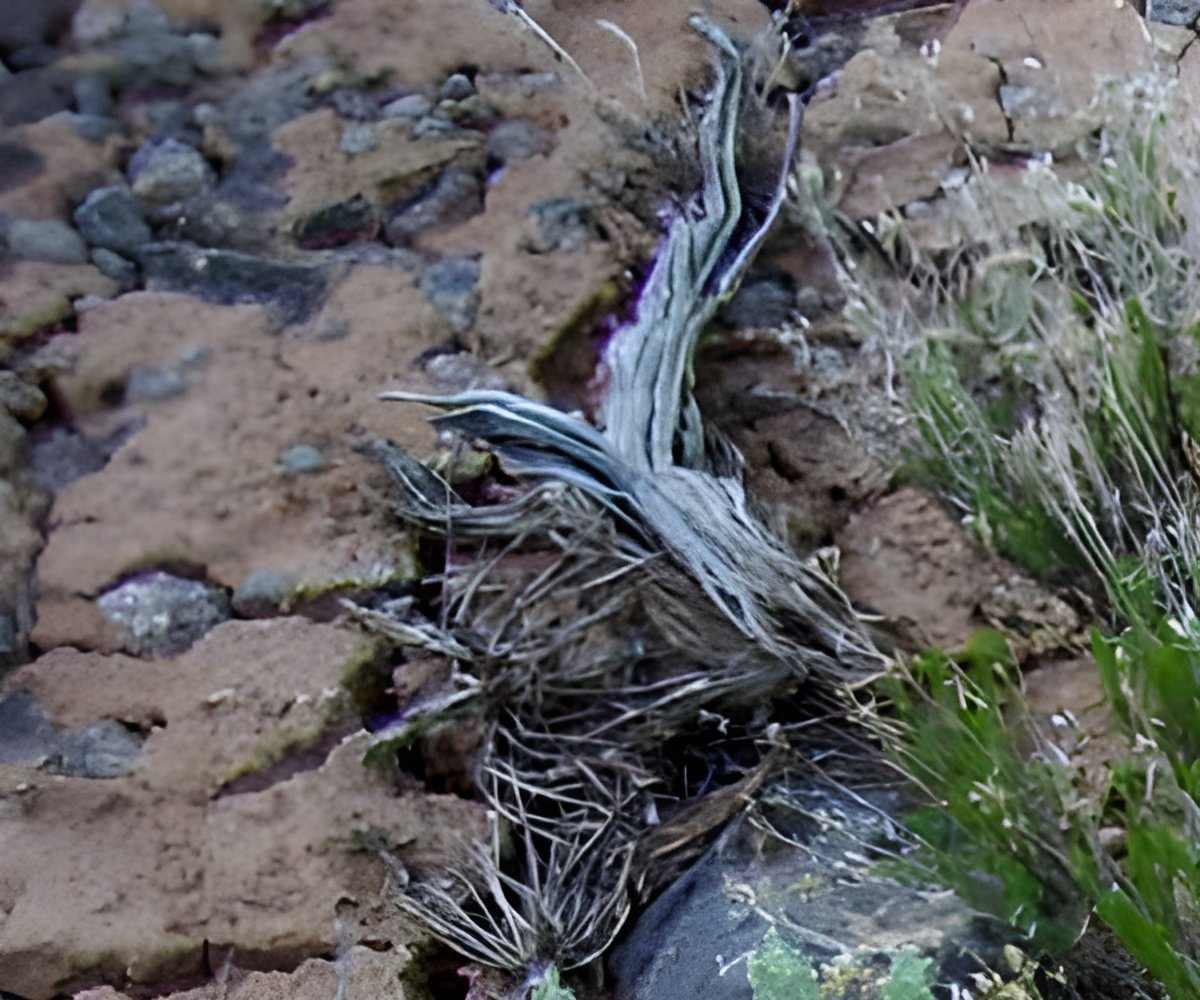Earth made its own water, in addition to water coming to us in the form of icy comets from the far reaches of the solar system, reveals a new study.

Wendy Panero, associate professor of earth sciences at Ohio State, and doctoral student Jeff Pigott are pursuing a different hypothesis that Earth was formed with entire oceans of water in its interior, and has been continuously supplying water to the surface via plate tectonics ever since.
Central to the study is the idea that rocks that appear dry to the human eye can actually contain water-in the form of hydrogen atoms trapped inside natural voids and crystal defects. Oxygen is plentiful in minerals, so when a mineral contains some hydrogen, certain chemical reactions can free the hydrogen to bond with the oxygen and make water.
Stray atoms of hydrogen could make up only a tiny fraction of mantle rock, the researchers explained. Given that the mantle is more than 80 percent of the planet's total volume, however, those stray atoms add up to a lot of potential water.
If this scenario is accurate, the Earth may today hold half as much water in its depths as is currently flowing in oceans on the surface, Panero said-an amount that would approximately equal the volume of the Pacific Ocean. This water is continuously cycled through the transition zone as a result of plate tectonics.
Source-ANI











